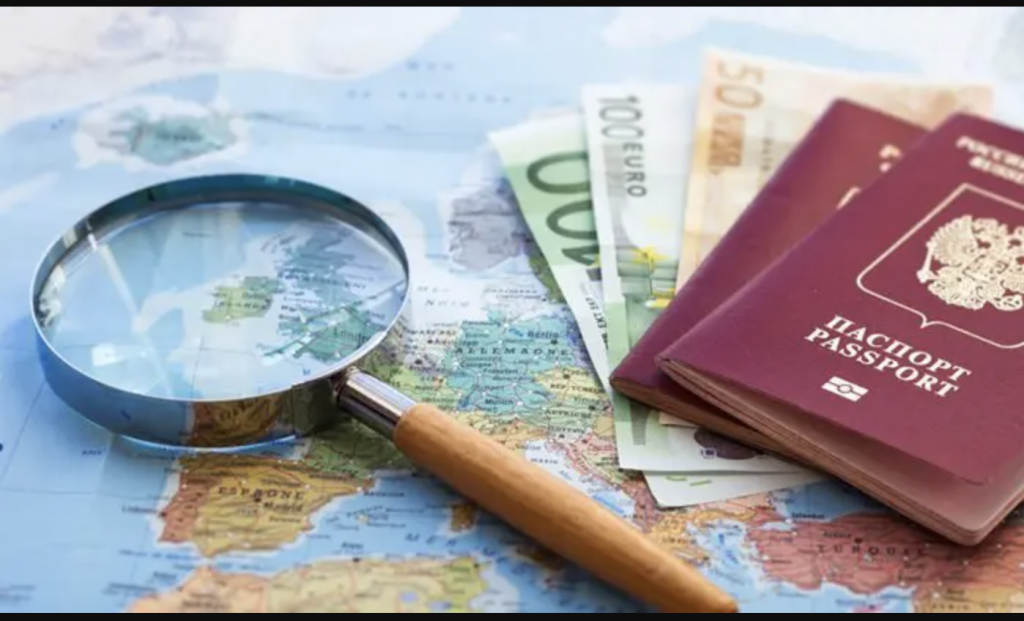
Treating Residency and Citizenship as Strategic Assets featured
For global families, residency and citizenship are no longer bureaucratic formalities. They’ve become instruments of strategy—tools to shape wealth, continuity, and identity.
The truly modern wealthy don’t ask only “Where can I live?” They ask:
- “Where will my children learn to think and belong?”
- “Which jurisdictions protect my wealth from volatility?”
- “How do passports diversify my portfolio as much as private equity or real estate?”
In this sense, residency and citizenship are closer to asset classes than documents, intangible, deeply valuable, and frequently underweighted in traditional planning. They are part of a family’s invisible balance sheet, one that stretches across generations.
Greece Residency by Investment – Affordable Entry, Lifestyle Upside
Greece positions itself as Europe’s most approachable gateway. Starting from as low as EUR 250,000, entry is still attainable, particularly when compared to Portugal or Spain.
The trade-off? Greece offers lifestyle, sun-soaked islands, cultural gravitas, and EU access but limited acceleration to citizenship. Investors treat it as a hedge, a base camp. Like holding defensive assets in a portfolio, Greece provides stability and a low-cost Plan B.
Portugal Residency by Investment – The Portfolio-Quality Play
Portugal has evolved into a portfolio-worthy asset. The €500,000 fund route isn’t just residency it’s curated exposure to venture, private equity, and ESG-focused instruments.
For UHNW families, this is patient capital: a five-year horizon, language integration, and the eventual prize: EU citizenship. Portugal’s allure lies in its structure: rigorous enough to filter opportunists, rewarding enough to serve as a generational investment.
U.S. EB-5 – Education and Access to the World’s Largest Economy
The EB-5 is rarely about yield; it’s about access. $800,000 buys entry not into a fund, but into an ecosystem: Ivy League universities, the U.S. market, and eventually a passport.
Its weaknesses—processing backlogs, project risks are real. But for families where American education is non-negotiable, EB-5 is a ticket. It competes less with equities, more with tuition and the intangible price of opportunity.
Nauru Citizenship – Speed as Strategy
Nauru is not prestige. It is utility. A fast, flexible second passport limited in global reach, but quick to secure.
It doesn’t replace EU residencies or U.S. programs; it supplements them. Think of it as liquidity—ready, accessible, tactical. Families often pair Nauru with more substantial residencies to create layered resilience.
The residency program starts with a minimum contribution amount of USD 105,000.
São Tomé and Príncipe – Emerging, Affordable, Strategic
São Tomé is a frontier play. It offers Lusophone networks, niche visa-free access, and affordability. For entrepreneurs tied to Africa or Portugal, it has surprising utility.
But like frontier markets, its scale is modest. It works best as a complement, rarely as the sole anchor.
The residency program starts with a minimum contribution amount of USD 90,000.
Turkey Citizenship – A Bridge Between Worlds
Turkey is dynamism in motion: a $400,000 real estate investment secures citizenship in a country that straddles Europe and Asia.
The rewards are immediate, speed, tangible assets, strategic geography. The risks: currency volatility, politics are equally present. Turkey is an emerging-market asset in every sense: powerful when paired, volatile when held alone.
The Power of Layering – Residency and Citizenship as a Portfolio
The most sophisticated families no longer rely on a single jurisdiction. They layer:
- Portugal + Nauru: Patient EU path balanced with immediate liquidity.
- Greece + Turkey: Lifestyle hedge plus emerging-market anchor.
- EB-5 + São Tomé: U.S. education security offset with global flexibility.
Just as no investor places all wealth in one asset class, no global family should rely on one passport. Diversification builds resilience.
The Emotional Undercurrent
Yet beneath the numbers lies something more primal. Families don’t discuss “140 visa-free destinations.” They talk about safety. Continuity. The assurance their children will not be trapped by borders.
Residencies and citizenships are strategic but they are also emotional insurance. A hedge not only against volatility in markets, but against volatility in life itself.
Final Thought
Treating residency and citizenship as strategic assets doesn’t reduce them to numbers. It elevates them to what they truly are: instruments of freedom, continuity, and legacy.
Passports are not paper. They are protection, possibility, and permanence, arguably the most enduring investments a family can make.
General Advisory Disclaimer
While Farro & Co Advisors Pte. Ltd. and/or Farro & Co – FZCO, (collectively known as “Farro & Co”) aims to provide helpful information, this presentation is for informational purposes only and does not constitute professional advice regarding investments, legal matters, or taxation. Please consult qualified advisors in these areas for guidance specific to your situation.
Accuracy and Updates
The information presented reflects the understanding at the time of preparation and is subject to change without notice. While efforts have been made to ensure accuracy, no guarantees are provided by Farro & Co regarding the completeness or reliability of the content. Any reliance placed on this information is strictly at the reader’s own risk.